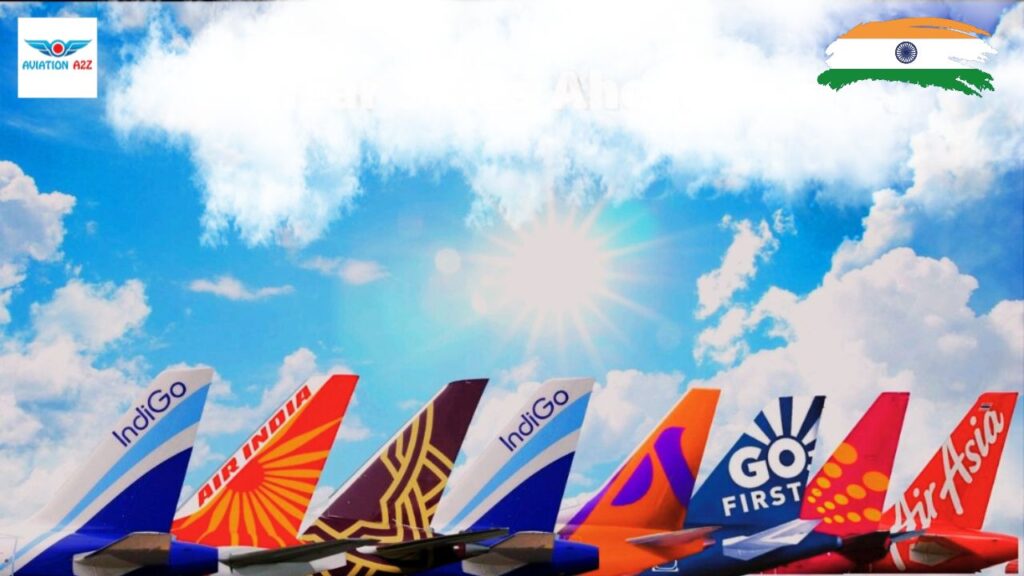The International Air Transport Association (IATA) has stated in its latest market analysis report that India is rapidly becoming a significant player in the global aviation market.
India’s domestic air travel has shown robust growth, with passenger revenue kilometers (PRK) measured as of February being only 2.2 percent lower than pre-pandemic levels.
The report shows that the Indian domestic passenger market has achieved the highest passenger load factor (PLF) compared to other domestic markets, including the US, China, and Japan.
India has been the top domestic market in terms of PLF for the last four months, achieving PLFs of 81.6 percent in February, 85.2 percent in January, 88.9 percent in December 2022, and 87.9 percent in November 2022.
The global traffic is now at 84.9 percent of February 2019 levels, and the total traffic in February 2023, based on revenue passenger kilometers (RPKs), increased by 55.5 percent compared to February 2022.
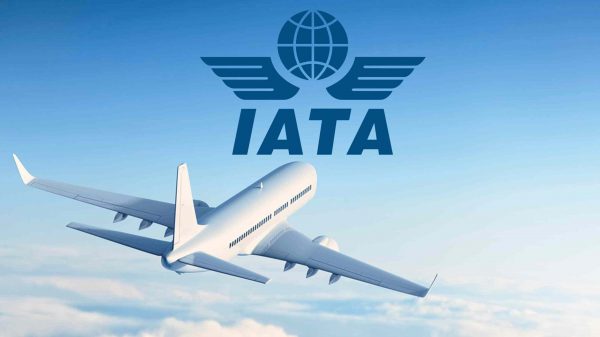
India is Key Aviation Market, says IATA
According to the report, traffic in Asia-Pacific airlines surged by 378.7 percent in February 2023 compared to February 2022. Continuing the positive trend since travel restrictions were lifted in the region.
Capacity also increased by 176.4 percent, and the load factor improved by 34.9 percentage points to reach 82.5 percent, which is the second highest among all regions.
According to IATA, domestic air passenger traffic for all markets measured in February 2023 increased by 25.2% compared to the same period in the previous year.
The total domestic traffic for February 2023 was at 97.2% of the February 2019 level. Currently, the estimated number of Indian air travelers is around 35 to 40 million per year, a much lower figure than China’s 660 million air transport passengers during the same period in 2019, despite having a similar population.
Many are expecting India to become the fastest-growing aviation market in the world, given its rapidly growing middle class, rising incomes, and lower airfares.
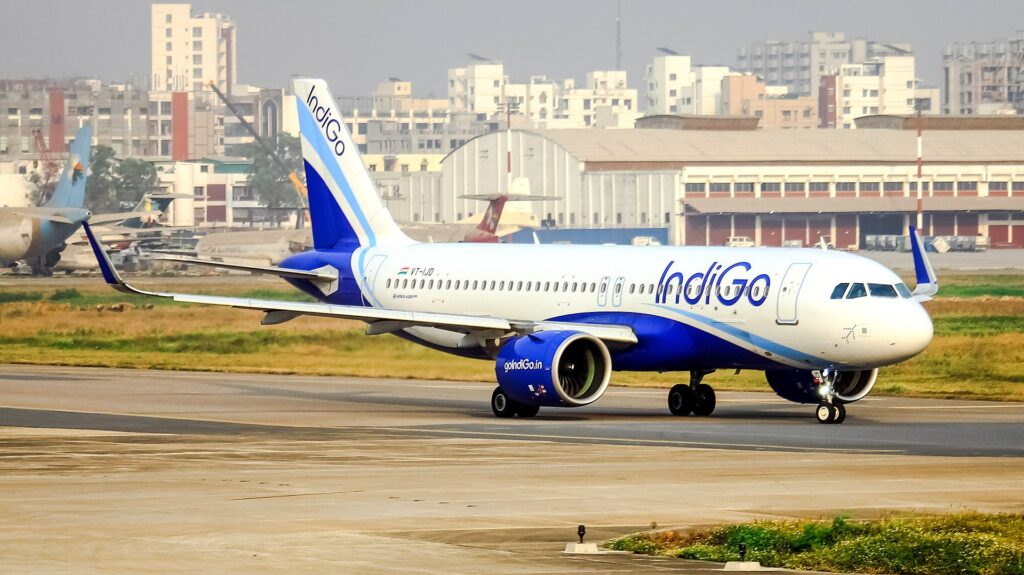
IndiGo to Go Big
In March of this year, international media reported that French Finance Minister Bruno Le Maire stated IndiGo Airlines might announce an order for “several hundred” Airbus aircraft at the Paris Air Show in June, to be held at Paris Le Bourget Airport.
IndiGo is India’s largest airline, operating more than 300 aircraft and accounting for over 35% of all available seat kilometers for flights to and from India’s airports. Additionally, when measured by flight frequencies, IndiGo provides nearly 48% of all flights in India’s international and domestic markets.
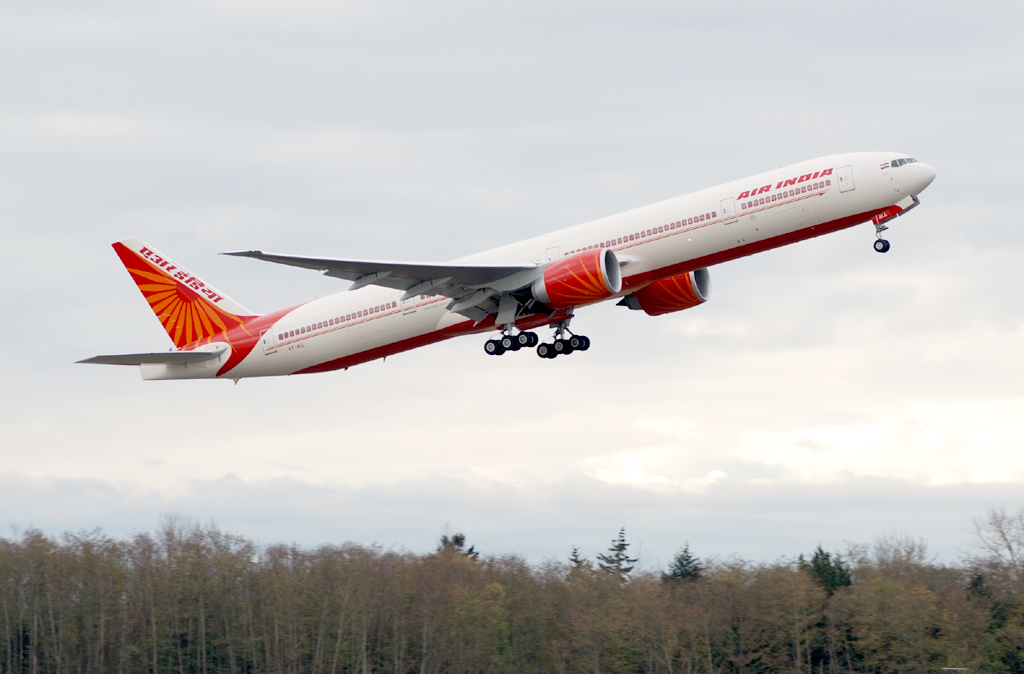
Air India updates
In February, Air India announced an order for 470 aircraft, which is a world record. This order surpassed IndiGo’s 2017 order for 420 planes and American Airlines’ 2011 order for 460 planes.
In addition to aircraft manufacturers, foreign airlines are also showing interest in the Indian aviation market. Singapore Airlines recently invested USD 267 million into Air India, giving it a 25.1% stake in the revamped airline.
This is in addition to its investment in Vistara Airlines, which is set to merge with Air India. According to a statement released by the airline industry, the merged entity will be four to five times larger than Vistara, with a strong presence in all key airline segments in India.
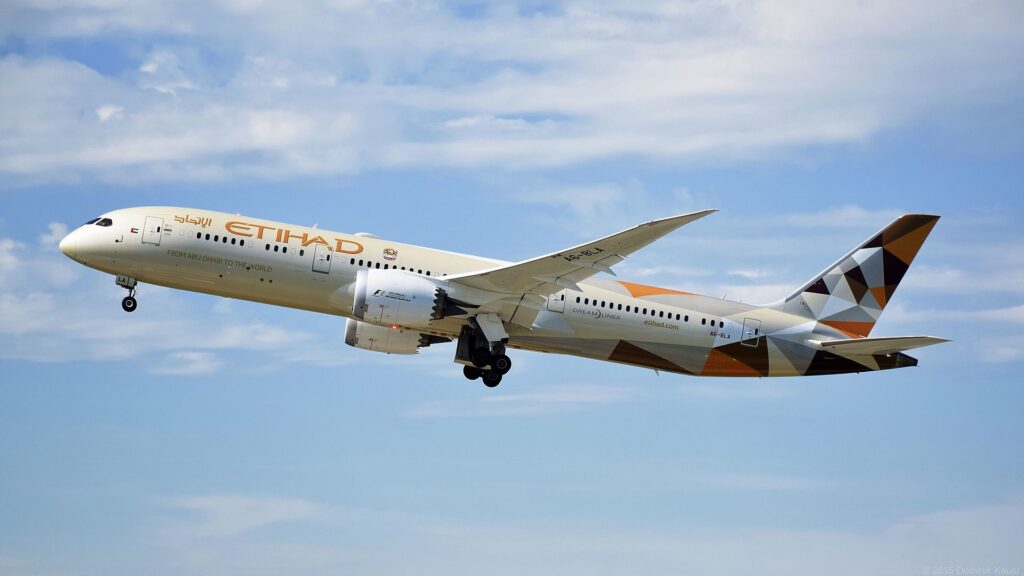
Photo: By dxme from Schweiz – Etihad Airways Boeing 787-9 Dreamliner | A6-BLA (ZRH),
CC BY-SA 2.0, https://commons.wikimedia.org/w/index.php?curid=46821489
Etihad Eyes Indian Aviation Market
Under new CEO Antonoaldo Neves, Etihad Airways is also planning to expand its presence in the Indian aviation market.
In an interview, Etihad Airways’ CEO Antonoaldo Neves stated that the airline’s strategy has shifted to prioritize medium to long-haul destinations rather than ultra-long-haul flights, which pose intense competition and profitability challenges.
Neves announced that Etihad aims to triple the number of passengers it carries to 30 million and increase its fleet to 150 planes by the end of the decade.
The strategy of Etihad Airways, the national airline of the United Arab Emirates, has changed under the leadership of CEO Antonoaldo Neves.
While in the past, the airline was willing to expand at any cost, Neves now stresses that growth must be profitable, especially since ADQ now owns the airline. He emphasized that their mandate is clear – they will only operate flights that are profitable.
What do you think about recent developments in the Indian Aviation Industry? Let us know in the comments on our social media pages.
Stay tuned with us. Further, follow us on social media for the latest updates.
Join us on Telegram Group for the Latest Aviation Updates. Subsequently, follow us on Google News.

